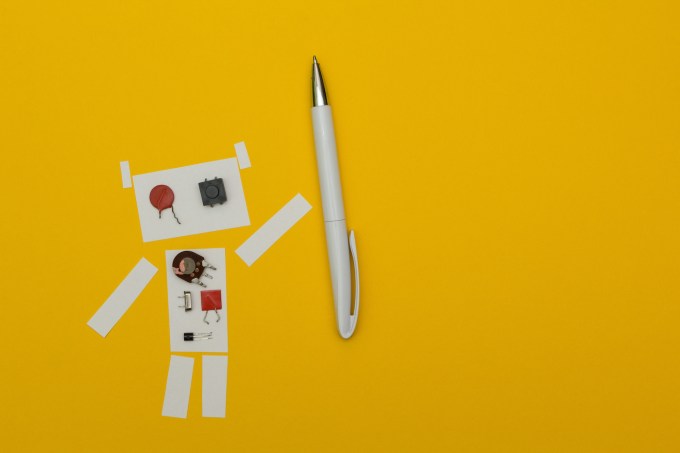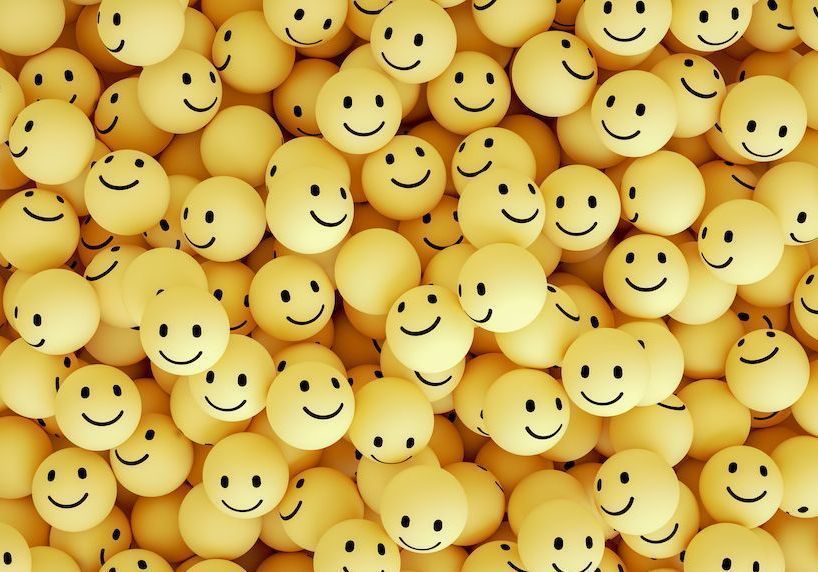Africans have adopted and adapted new technology brilliantly. It is time we applied their innovative and entrepreneurial skills to solve the continent’s chronic health problems. By Dr Matshidiso Rebecca Moeti*
Africa is a continent of extremes. You can go to many rural areas of the continent and find students glued to their mobile phones, yet their homes still lack basic sanitation. That is because the exponential growth of mobile phone use and internet penetration – that has led to Africa being dubbed the ‘mobile continent’ – is democratic and transcends age, gender or class.
Data collected by a global media agency indicates that more than 82% of the population in Africa was covered by mobile phone networks by the end of 2017. Indeed, as time goes on, more advanced networks are coming to the continent, and Africans are increasingly connecting to the internet via 3G and 4G networks. Yet, despite such huge advances, sub-Saharan Africa underperforms in a number of critical areas. This is particularly obvious when we look at health care and health security across the continent. Four hundred million people in the region lack access to health care services.
According to the International Finance Corporation (World Bank Group), while sub-Saharan Africa is home to more than 1 billion people – 13% of the world’s population – a staggering 24% of the global disease burden is felt by Africans. The region has only 2% of the world’s doctors and benefits from just 1% of the world’s health expenditure. These facts illustrate the vast amount of emphasis and importance that is focused on technology and internet connectivity – in direct contrast to how much we focus on health.
Supporting technological innovations
But what if we were able to harness a fraction of Africa’s hunger for technology and connectivity and divert this towards creating solutions to health care issues that we Africans still struggle to overcome? As determined as we are, we should take our fate into our own hands and use our skills and expertise and channel this towards health.
To a certain extent, this is already happening. Just last year, Nigerian school girls developed an app that detects counterfeit medicine. A Ugandan inventor created a biomedical smart jacket that aims to detect pneumonia four times faster than a doctor. Teenage girls in Kenya created an app that connects girls who have been affected by female genital mutilation.
Across the continent, mothers-to-be are using their mobile phones to access life-saving medical treatment. Meanwhile, drone technology is used to transport vaccines and blood to hospitals and clinics where patients need them the most.
While not all of these inventions come from Africa, a testament to our determination is the way that we have been able to adapt – and in some cases reinvent – innovation for our own purposes. We need to see this happening more.
The International Finance Corporation estimates that approximately $25bn to $30bn in new investment will be required to meet Africa’s health care demands. Of this, a significant proportion must be earmarked for technological developments that can effectively deal with the unique health challenges the continent faces.
The World Health Organisation (WHO) recognises the enormous contribution technology can make in solving some of the continent’s big health challenges. As such, earlier this year we launched the first-ever WHO Innovation Challenge.
Our aim was to source, select and profile the innovations and even community-based initiatives that apply new and fresh thinking to address Africa’s unmet health needs.
We received almost 2,500 applications, from 77 countries and of these 44 were within Africa. A record 34% of submissions were from female innovators and a significant proportion of entries came in from youth innovators.
The top 30 were invited to exhibit on the opening day of the second WHO Africa Health Forum, held in Praia, Cabo Verde, in March, and officiated by the President of the Republic of Cabo Verde, Jorge Carlos de Almeida Fonseca.
The sheer volume of responses the challenge generated illustrates how innovators – home-grown and those off-shore – believe that technology has the potential to transform health care in Africa.
We must continue to encourage this talent and invest in innovation. Only then will we come close to reaching our goal of universal health care across the continent. NA
*Dr Matshidiso Rebecca Moeti is the WHO Regional Director for Africa.









